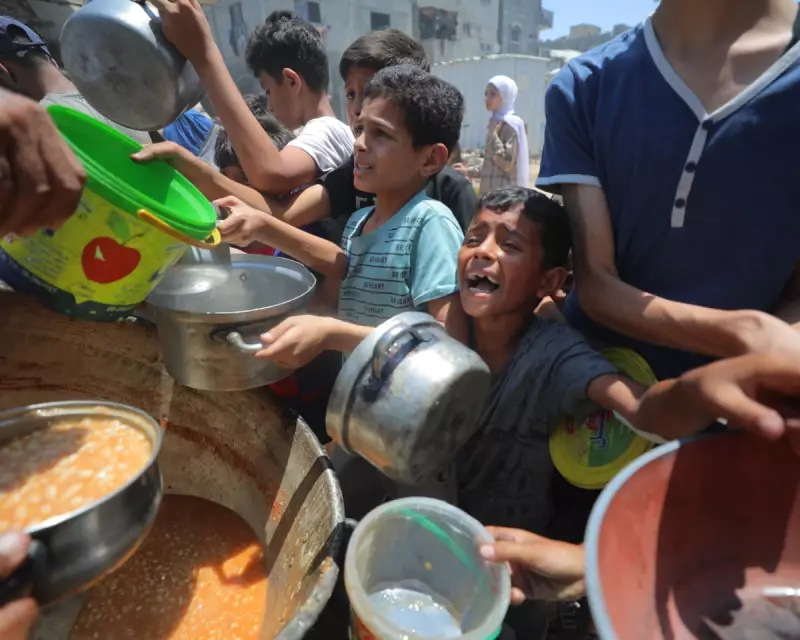
The humanitarian catastrophe unfolding in Gaza has reached a critical juncture, with reports of widespread starvation emerging as Israel maintains its crippling blockade. While international organisations sound the alarm, Western leaders - including UK Labour leader Keir Starmer - face growing accusations of complicity through their muted response.
A Crisis of Conscience
Recent UN data paints a harrowing picture: over 90% of Gaza's population now faces acute food insecurity, with children particularly vulnerable to malnutrition. Medical professionals report alarming cases of starvation-related illnesses, while basic necessities remain scarce due to restricted aid access.
Starmer's Diplomatic Tightrope
The Labour leader's cautious approach has drawn fire from human rights advocates and party members alike. Critics argue his measured statements fail to address the severity of the crisis, prioritising political positioning over moral leadership. "When children are starving to death, neutrality becomes complicity," remarked one Labour MP anonymously.
The West's Double Standards
Humanitarian organisations highlight the stark contrast between Western rhetoric on human rights and its tepid response to Gaza's suffering. "We've seen swift action on other international crises," notes a Red Cross spokesperson. "The selective application of humanitarian principles undermines global trust in the rules-based order."
Political Calculations vs Human Lives
Analysts suggest Starmer's stance reflects broader Western strategic interests in the region, with concerns about alienating key allies outweighing humanitarian imperatives. However, as images of emaciated children circulate globally, the political cost of inaction may ultimately prove higher than anticipated.
The coming weeks will test whether moral conscience can prevail over realpolitik as Gaza's population edges closer to famine. With parliamentary pressure mounting, Starmer may soon face an unavoidable choice between political expediency and humanitarian principle.





